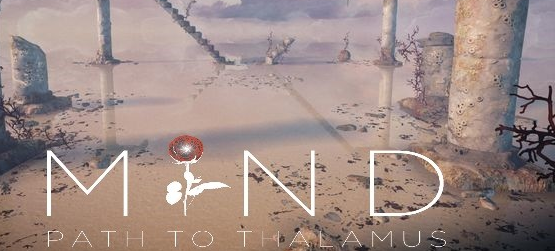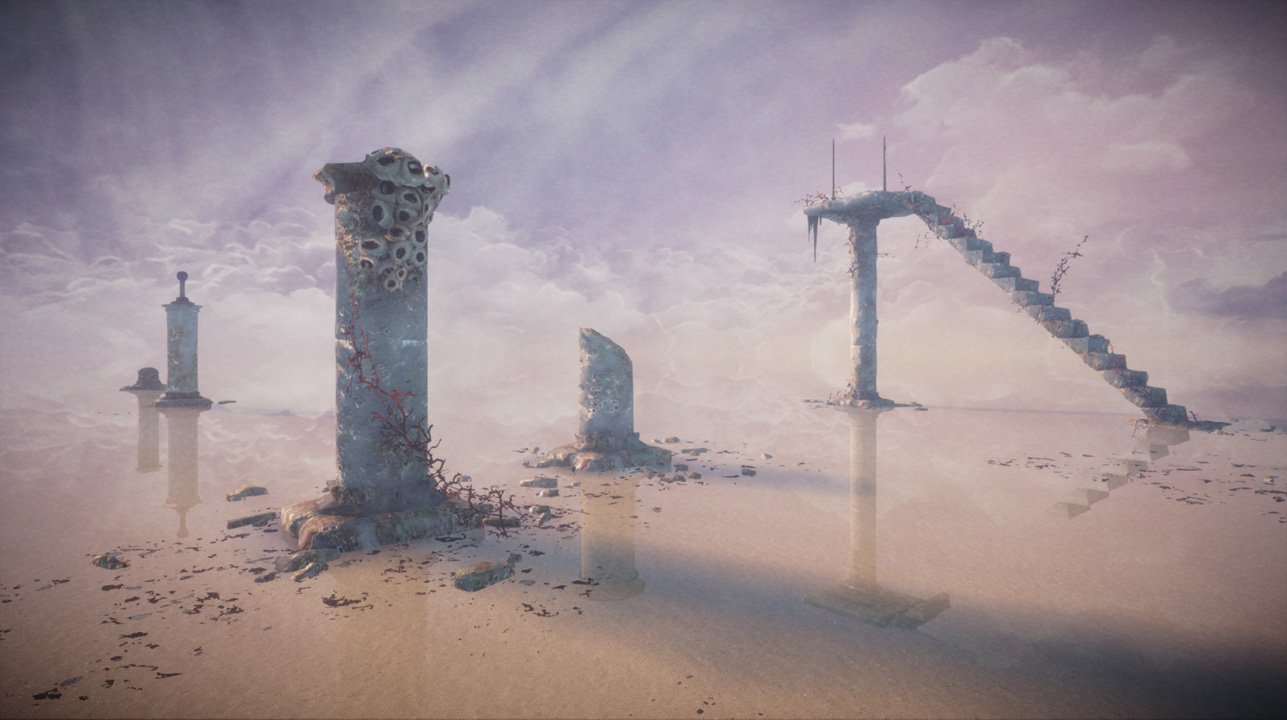In this edition of PlayStation VR Conversations, we talk to Carlos Coronado, the mind behind the critically acclaimed Mind: Path to Thalamus. The Barcelona based developer is currently working on two virtual reality projects, including a port of his PC hit.
Carlos spoke candidly about the financial reasons to develop for virtual reality, why developers need to deliver Skyrim style experiences, and much more below!
PlayStation LifeStyle: What are the additional challenges in developing a game that uses virtual reality? Do you worry about players getting sick while using a VR headset?
Carlos Coronado: From the perspective of game design, the most challenging change from making “traditional” games is the absence of HUD. It really changes everything! Oh, and of course another major challenge is the fact that you can’t never as a designer get control of the player’s head. That means that the player can look anywhere [at] any time. [This makes] doing some usual stuff like “hide something when the player is not looking” or interactive cutscenes are… well, not harder, but you have to take that into consideration for the design of your game!
About the motion sickness… yes, it is a problem with 2 faces: the hardware side and the software side. There is some motion sickness caused just because the DK2 screen nowadays is not good enough and also the refresh rates. That is of course something that is going to be improved over time and I am sure that for the Consumer Release version of the VR it will be solved. The part I am interested is the software side. How do you turn the player’s body in-game and make him move while he is sitting (I don’t believe in non-seated games for now) in a natural way? Traditional first person controls are to be redefined for virtual reality. I made VR Olive, a control scheme that instead of turning the body with a joystick or mouse (it really gets me really sick because the sensation is the whole world is spinning while I am looking forward) you look with your head to the direction you want to turn and you press the “rotate body” button, and that will reorient your body towards that direction. It is amazing because that’s how we rotate our body in real life and it works really well for virtual reality!
PSLS: Is virtual reality the next step in evolving the medium of video games?
CC: As a gamer, I want virtual reality to be something, as a game developer, I don’t care. At the end of the day I think that as game developers, we have to aim to those markets with opportunities for making money and right now virtual reality is the market. A lot of big companies as Sony and Facebook will make an enooooormus economic effort in the release of the consumer version of virtual reality and there won’t be that many games. That is an opportunity to be highlighted! Of course, no one knows if after the big wave of the release it is going to fail or it is going to continue, but if you, as a game developer, make your game a release game the first month of life of virtual reality if the virtual reality fails it is not really important. I just hope it doesn’t fail because it is amazing!
PSLS: Do you feel that to make the best possible VR experiences, a game has to be developed from the ground up for VR? Or do you believe that current games can be adapted?
CC: I think that building a game with VR in mind is better, however, there are some great games already done that can work really well for virtual reality! Specially soft-paced games with no HUD, first-person and with cheap to render environments.
Porting Mind: Path to Thalamus to virtual reality is being a really easy process because [there are] no cinematics and no camera tricks were done in the original game, but that is more because of my design philosophy than anything else!
PSLS: How important is immersion to the experience, and making sure the game doesn’t break away from it?
CC: It is super important, but I don’t like to be obsessed with immersion. I mean, in 90% of situations, more immersion means worst gameplay and as developers I want powerful but simple mechanics, and maybe the skill to be able to grab objects with your hands in virtual reality is more a problem than a solution for that. Yes, it can be more immersive, but it can also destroy your gameplay. In my opinion that is the problem of non-seated VR: Walking in your real space and grabbing objects in VR is 100% immersive, but not so much gameplay wise. And of course, people will be tired and no one is going to buy a 350$ headset just to be able to walk a few meters in a 3D environment. If we can’t deliver Skyrim like experiences in VR (in terms of complexity and scope) then I think VR will fail in gaming.
PSLS: How is Mind: Path of Thalamus enhanced by Virtual Reality?
CC: It seems like a whole new game. It is amazing. I mean… in virtual reality you can feel the rain falling in your skin. How does that [not] improve a game! The puzzles are now easier to understand because the sense of space VR adds and the journey seems more realistic. Honestly, I don’t think there is a single aspect of the game that is not better in virtual reality, and that surprised me while I was developing the VR version too.
PSLS: Do you think PlayStation VR will get the same amount of support as other VR devices such as the Oculus Rift?
CC: I think that [PlayStation VR] can steal the show because it already have a powerful system and potential consumers behind it: the PS4. For PC you don’t just have to buy the headset, but a powerful machine to move VR and that is really expensive. Maybe [PlayStation VR] can’t move Mind: Path to Thalamus but I am making a photorealistic (literally) game with it in mind. So yes, there are ways to build good VR for [PlayStation VR]. Can’t wait to show to the public that project, really. It is going to be amazing.
A big thank you to both Flavio Parenti and the team at Untold Games for doing the interview. You can stay up to date on Loading Human, over on their website and Twitter.
PlayStation VR Conversations is a recurring interview feature where developers talk about the learning process of developing for virtual reality, and the future of video games.
Related Reading:
- PlayStation VR Conversations With Developers – Harmonix
- Shuhei: Sony Has “Many” Unannounced PlayStation VR Games, “Almost All” Japanese Publishers Working on VR
- PlayStation VR Conversations: Reload Studios
10 PS4 Games That Could Be Better With Project Morpheus
-
10 PS4 Games That Could Be Better With Project Morpheus

-
ABZÛ
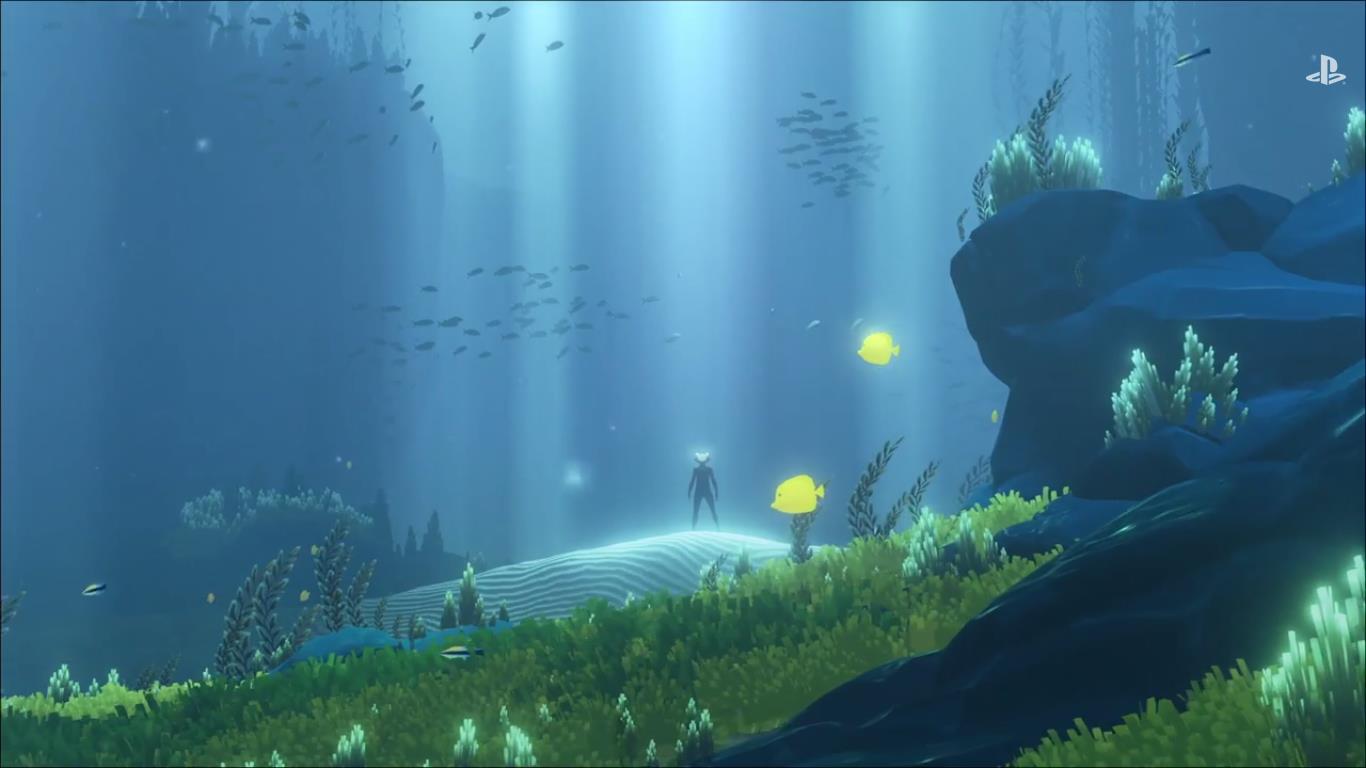
Matt Nava's work at thatgamecompany was beyond impressive, but ABZÛ takes exploration to a new level. This beautiful game about sea exploration is possibly the best looking PS4 title, and we would love to experience it in virtual reality. Imagine wearing Project Morpheus while swimming with schools of fish and during close encounters with sharks!
-
The Witness
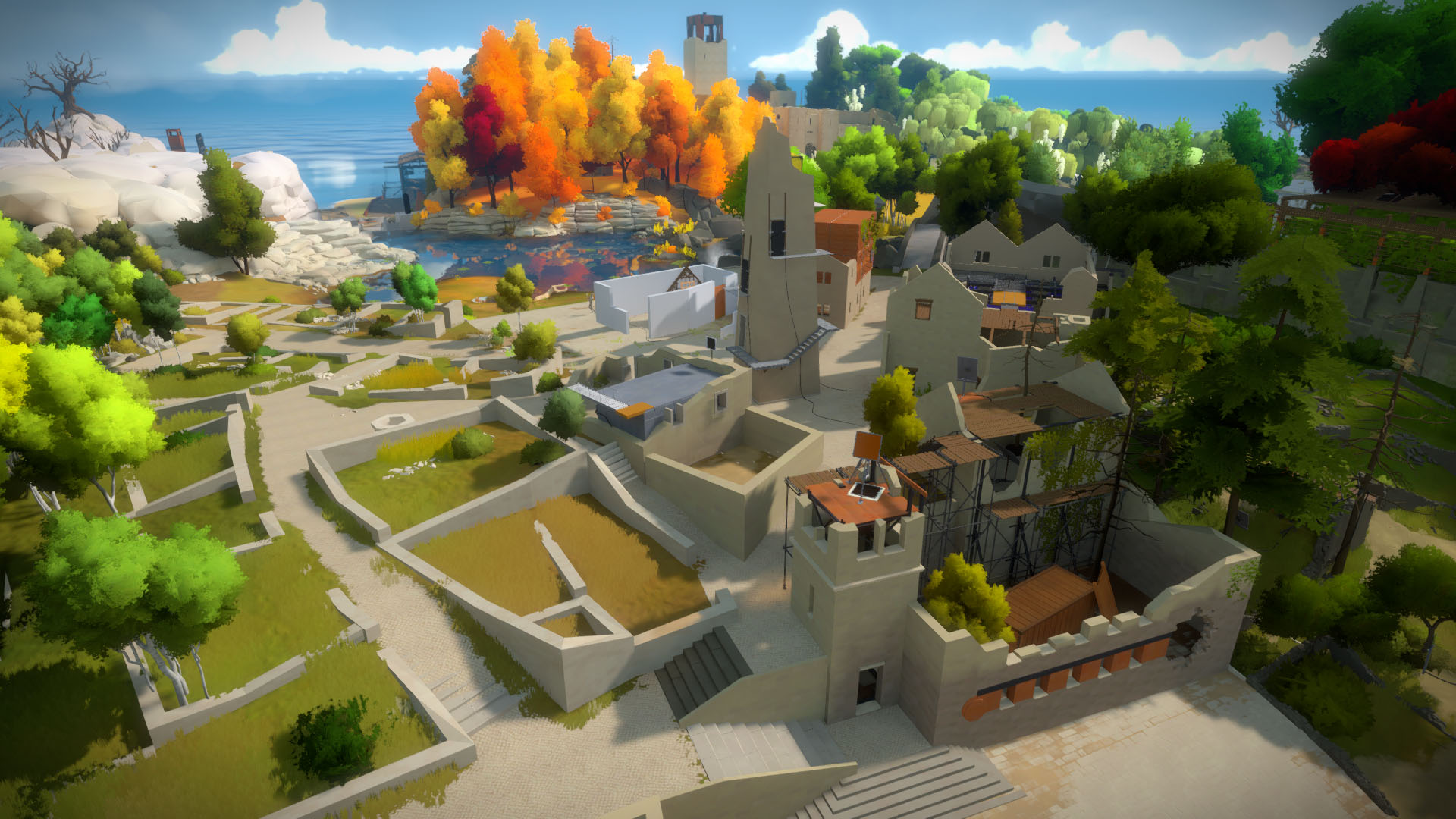
Jonathan Blow has been working on The Witness for a long time now. The puzzle game, which sports over 670 puzzles, looks extremely promising. Hopefully the considerable development time will allow the game to support Project Morpheus, as we would love to explore the title's beautiful environment in virtual reality!
-
Surgeon Simulator
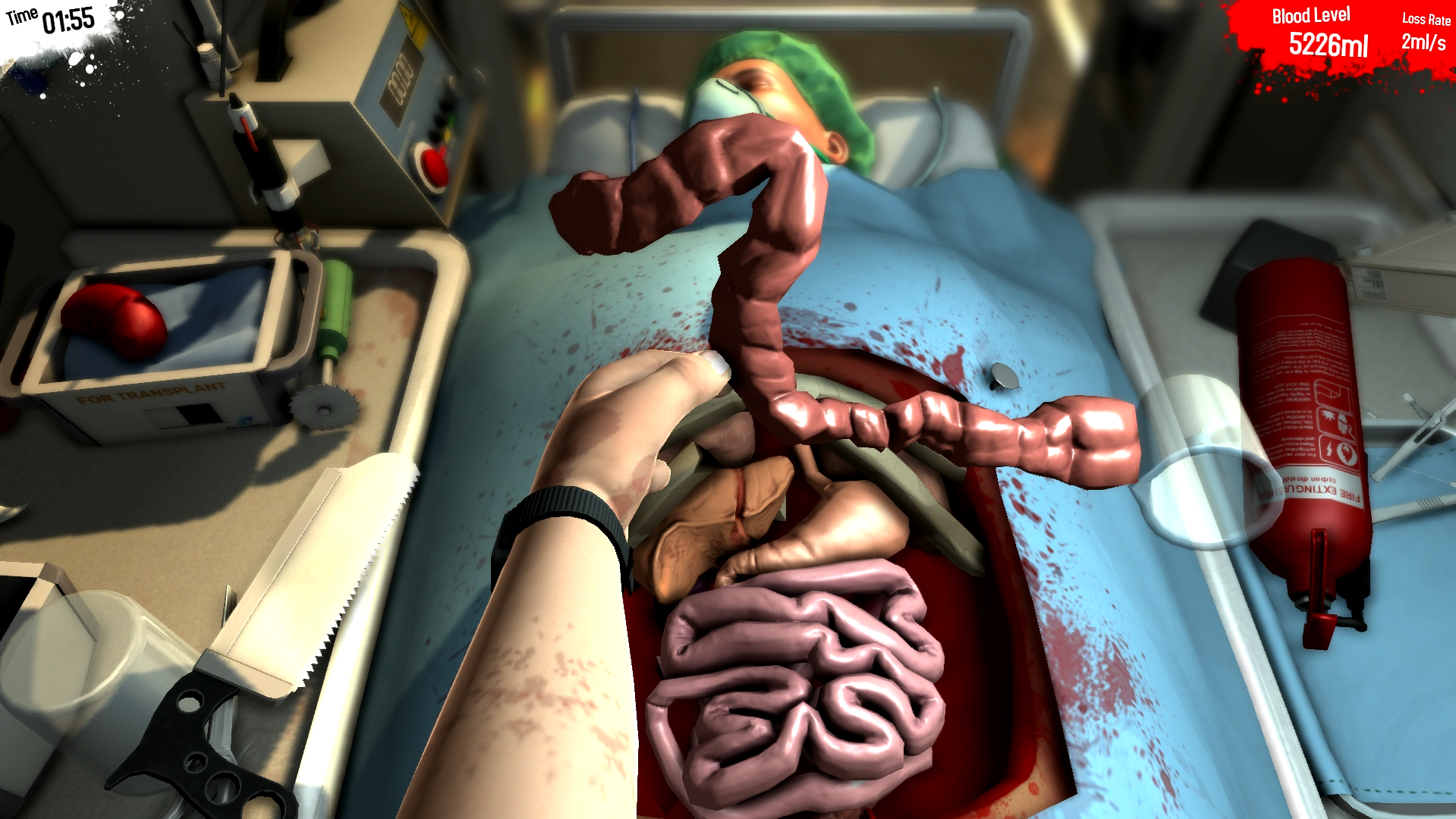
Few games are as hilarious as Surgeon Simulator. Sure, you might end up botching a surgery, but that is most of the fun! Throw in the ability to go on a complete trip and Surgeon Simulator is a great candidate to be played in Project Morpheus. This is one experience that would only be made even wackier by virtual reality.
-
DriveClub
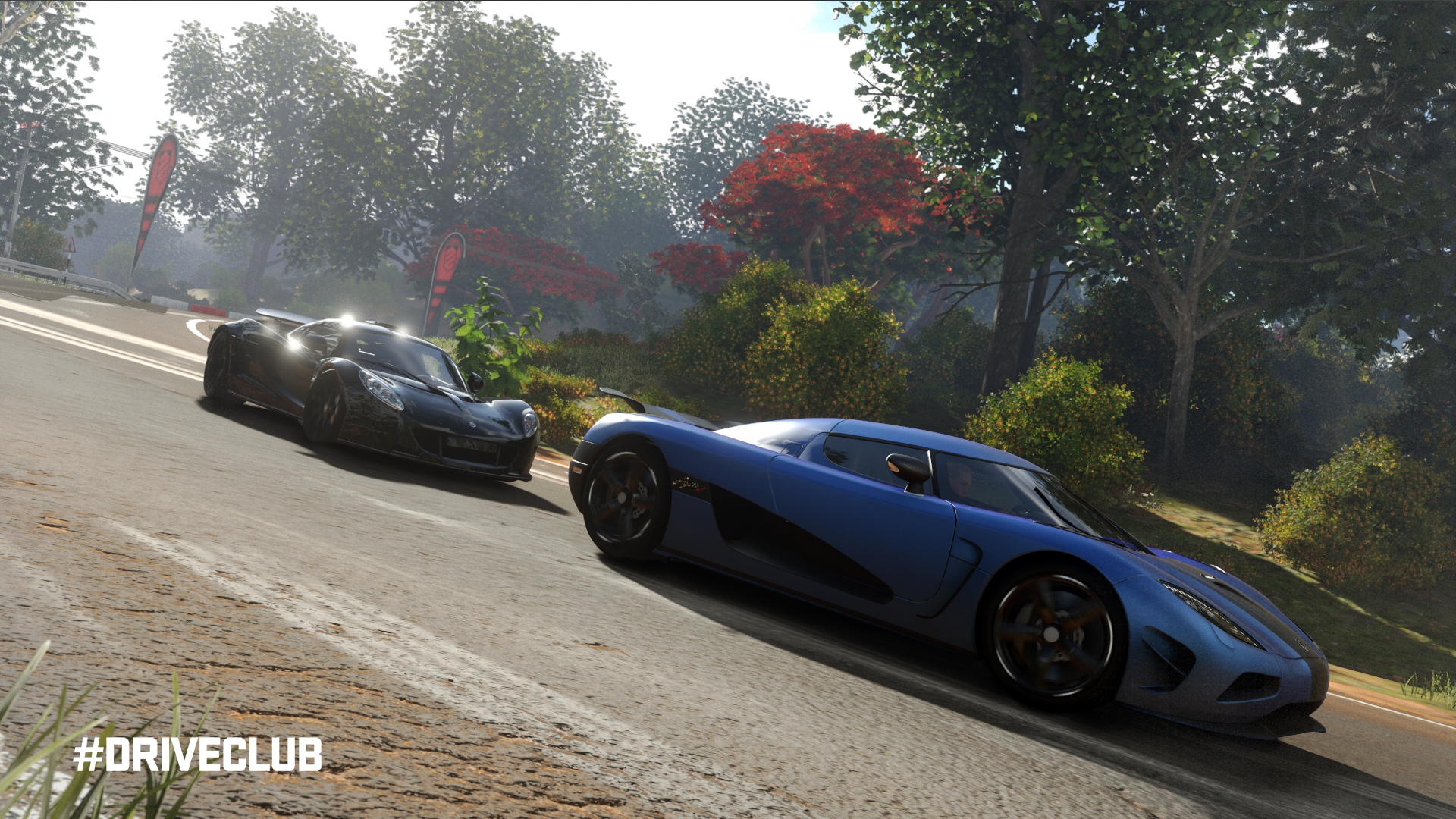
DriveClub may have not been the hit that Sony and Evolution Studios were hoping for, but it is still a solid driving game. One way to reinvigorate interest in the title would be to patch in Project Morpheus support in the future. Driving through beautiful race tracks at high speed sounds like a lot of fun either in real life or virtual reality!
-
Volume
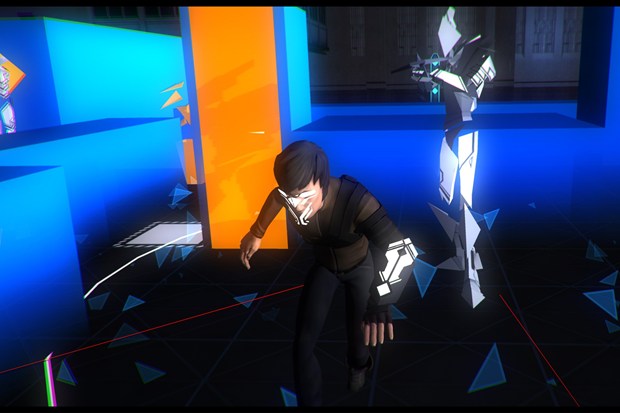
Mike Bithell's Volume releases in August and the stealth game has plenty of gamers excited. With its unique aesthetic, Volume seems to be a great candidate to receive Project Morpheus support. Few genres seem like they could benefit more from virtual reality more than stealth. So hopefully we'll see what it can do for the genre soon!
-
Mirror's Edge Catalyst
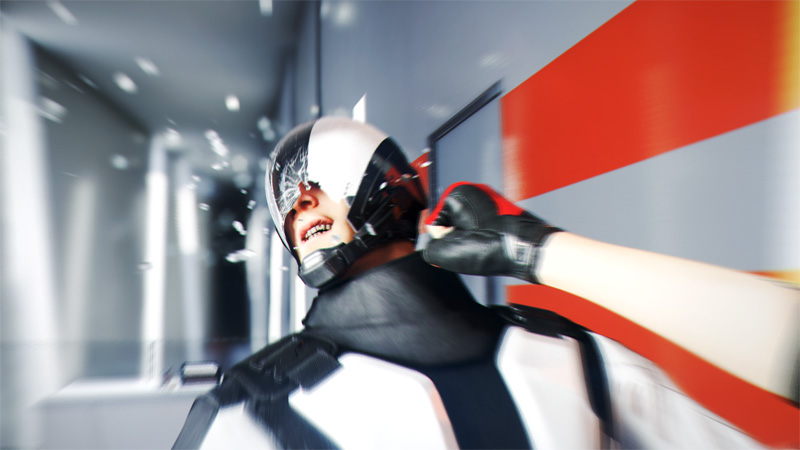
One of the first things that fans did once the Oculus Rift was available was to patch in VR support for Mirror's Edge on PC. Since the demand is already there, it would be a shame if Mirror's Edge Catalyst did not support Project Morpheus. Parkour in a virtual space has a ton of potential, and it would be awesome to see Faith's latest adventure in VR!
-
Thumper
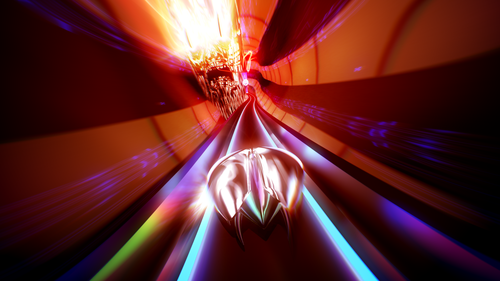
Developer Drool describes Thumper as "rhythm violence", and that description is spot-on. Few games offer up such an intense audio and visual experience as Thumper does, so we would love to see what the game could do if it supported Project Morpheus.
-
Destiny
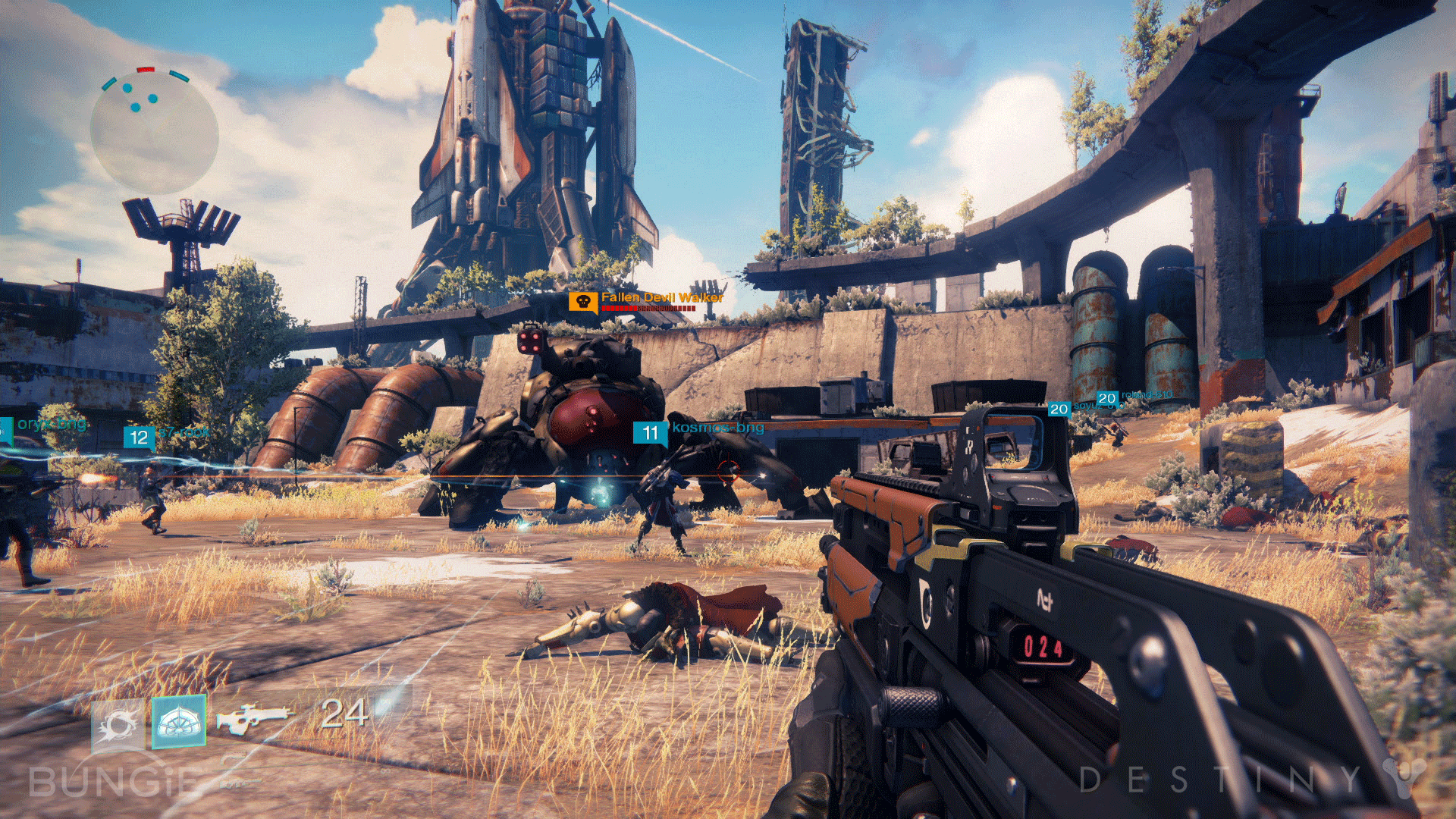
Few first-person shooters have proved to be as addicting as Destiny, so we can only imagine how engrossing Bungie's game would be in Virtual Reality. Who wouldn't want to strap on a headset, explore planets and participate in raids?
-
Until Dawn
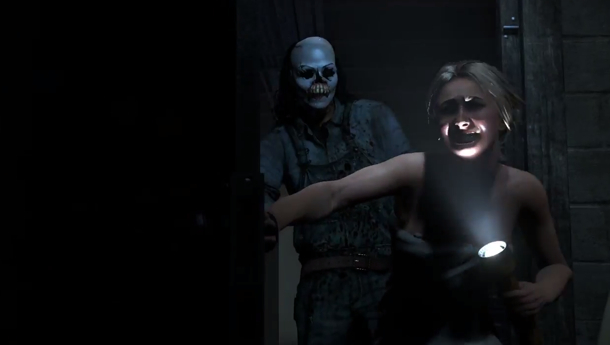
In its current state Until Dawn is one of the most intense and startling games ever to exist. This E3 2015 highlight could bring dramatic situations to life if it used Project Morpheus. We're not sure we would want to see the jump scares, though!
-
Alien: Isolation
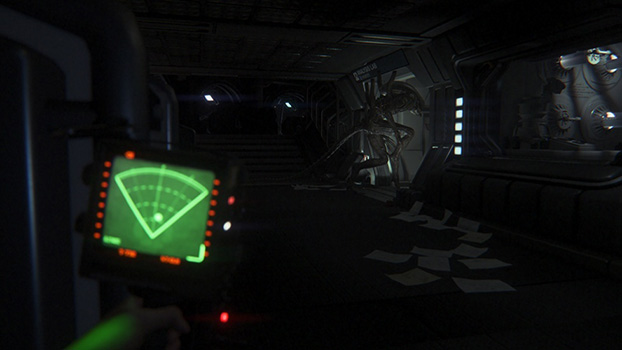
Few games are as frightening as 2014's Alien: Isolation. With a terrifying Alien stalking you throughout the space ship, there was never a dull moment. Isolation could be even scarier if it used Project Morpheus!
